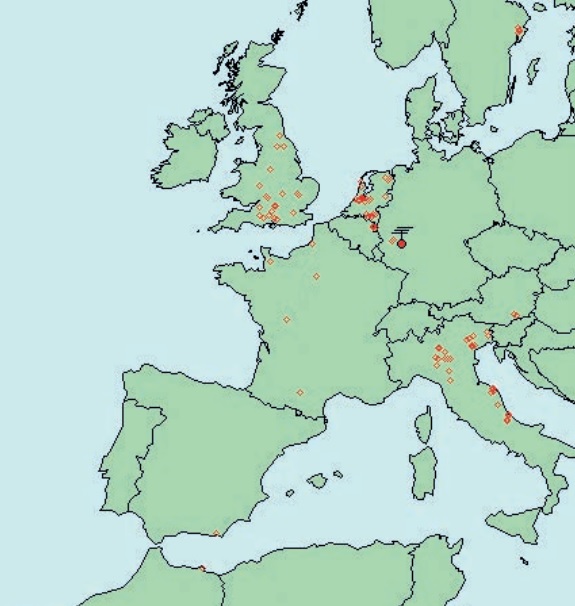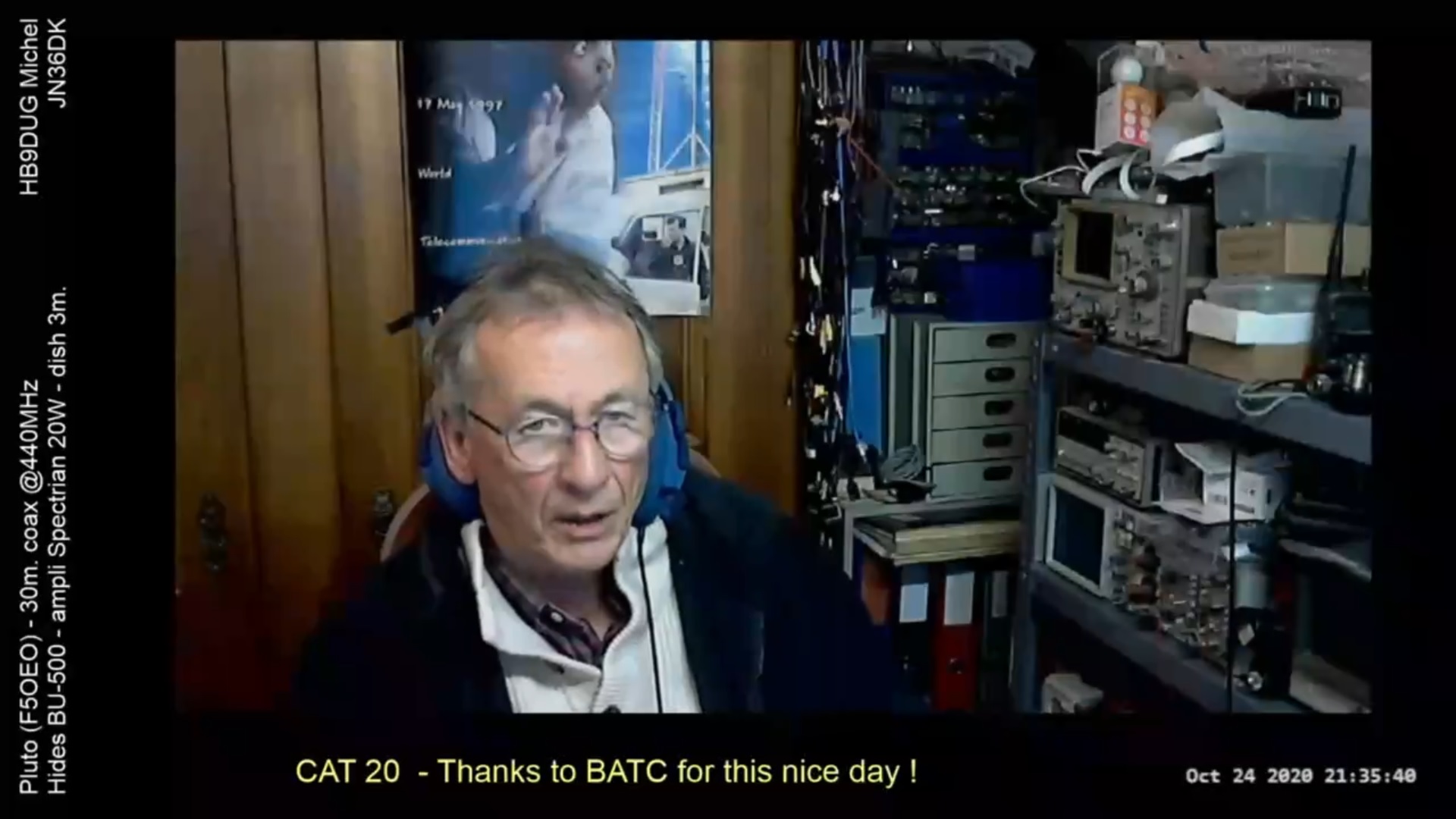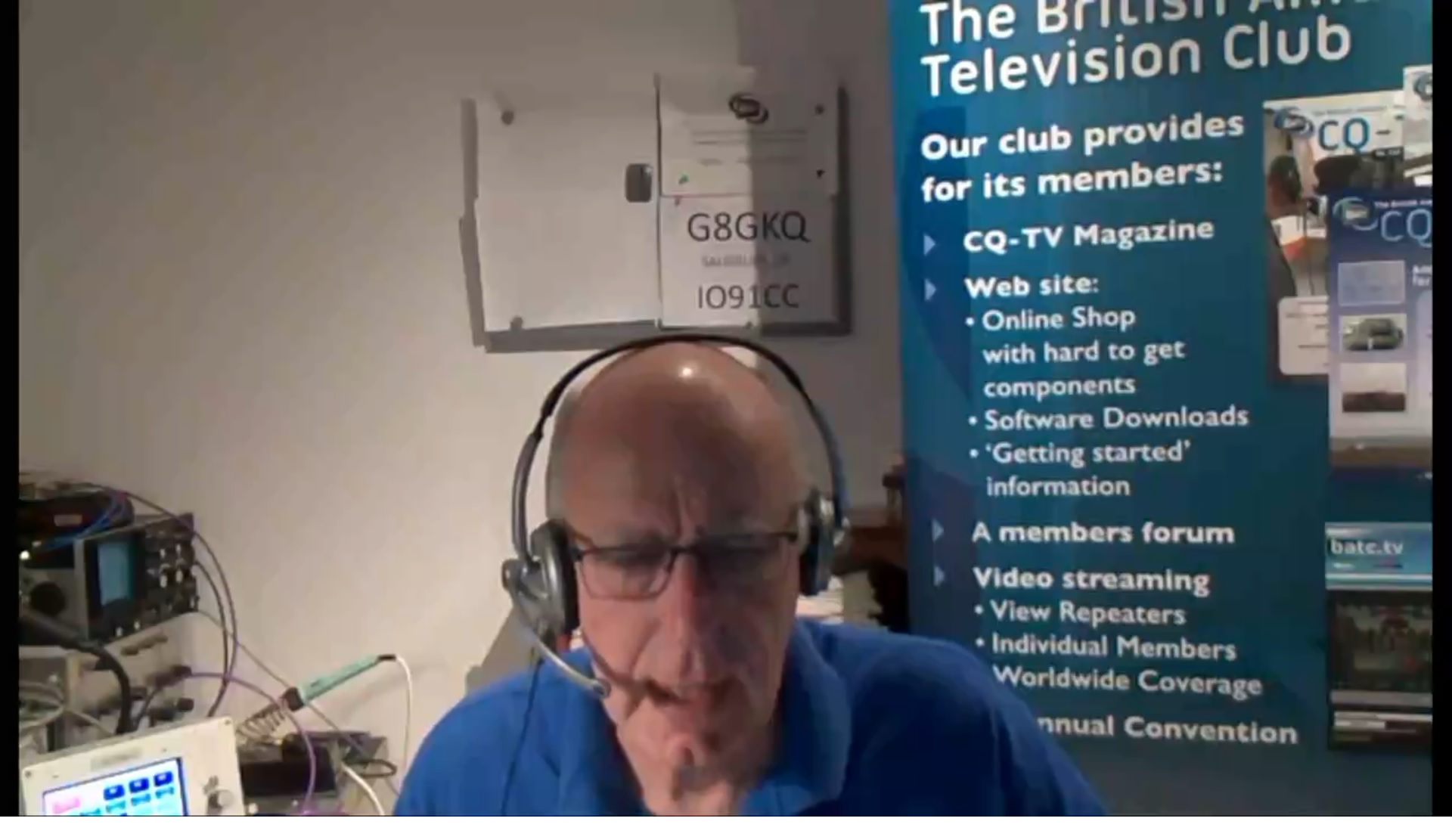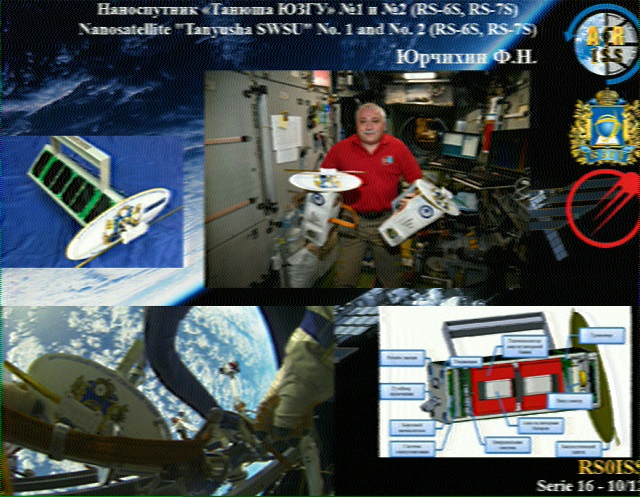An ARISS educational school contact is planned for Chris Cassidy KF5KDR with students at McConnell Middle School, Loganville, GA, USA. The contact is scheduled on Wednesday October 7, 2020 at approximately 14:16 UTC, which is 16:16 CEST.
The link to the ISS will be operated by the amateur radio ground station ON4ISS. Downlink signals will be audible in Europe on 437.525 MHz FM. Downlink frequency on UHF instead of VHF was chosen in order to avoid conflict with SSTV operations on VHF.
The event will be webcast on:
https://youtu.be/pHOM15BLRSo
School Information:
McConnell Middle School is a Gwinnett County public school located in the northeastern suburbs of Atlanta, Georgia. McConnell has 2300 students in grades 6-8. Our student population is diverse with students from many different ethnicities. Our 8th grade students are in classes that earn high school credit for science, math, business, and some foreign languages while in middle school. ARISS is one part of our efforts as we work towards becoming a STEM certified school. Some of our students are involved in a competitive robotics club and an environmental club. School wide, there is also interest in sustainability projects including hydroponics and low impact gardening.
The McConnell Radio Club, KD4TGR, in its 6th year, is also part of our STEM certification goals. It is mentored generously by members of the Gwinnett Amateur Radio Society (GARS.org). Additionally, members of North Fulton Amateur Radio League (NFARL.org) are serving as the technical mentors for this ARISS. Several of our current and former students are licensed hams. Two of the students who will be asking questions are licensed radio operators: Daniel Reed (KN4SSI), technician class, and Maggie Colley (KM4PTW), extra class.
McConnell was originally scheduled to have this ARISS contact last April but that was postponed when the school system shut down due to the pandemic. We are back in school with many protocols in place to keep everyone safe. Some students attend school in person and some online. Students in our school and others in our school system will watch this ARISS contact via closed circuit streaming, some from their classrooms, some from their homes.
Our whole school community, students, faculty, and parents have been working towards this ARISS Radio Contact for well over a year. This ARISS event will stand out as the highlight in a school year when so many other events have been cancelled or minimized. Thank you for this opportunity.
Students First Names & Questions:
1. Sydney (7th grade): Are there special activities designed for you to help relieve the stress of living and working in space?
2. Tiffany (7th grade): Describe what surprised you about earth when you got to the ISS.
3. Jaelyn (7th grade): Do you see evidence of the recent West Coast wildfires or other environmental situations?
4. Patrick (7th grade): As a middle school student what can we do to prepare ourselves for the job you do today as an astronaut?
5. McKenzie (8th grade): In the movie The Martian, Mark was trained as a botanist. What is your area of interest and what experiments are you doing in your field?
6. Stephen (8th grade): How long is your mission and how do you expect it might impact your body?
7. Adrian (8th grade): What was the hardest part of training prior to going to space?
8. Kyra (8th grade): How often do you need to do repairs on the outside of the ISS?
9. Kenzie (8th grade): Describe your medical training that would help if an astronaut becomes ill or seriously injured while on the space station.
10. Daniel KN4SSI) (9th grade): Standard air pressure on earth is 1 atmosphere. What air pressure do they try to maintain on the ISS?
11. Sara (9th grade): What qualifications do you have that enable you to be assigned to more than one mission or similar?
12. Matthew (9th grade): Have you ever tried growing carrots or root vegetables in space?
13. Caleb: 9th grade. Are there any times where any shipments of food or drinks are running late, or have space flight troubles, and you run out of food or water for the time?
14. Maggie KM4PTW (12th grade): How does food taste when you don’t get to smell it?
15. Daniel KN4SSI (9th grade): How is the ISS designed in case of a collision with space junk or a meteoroid?
16. Kenzie (8th grade): What is the procedure if spills, liquid or solid, occur during experiments?
17. Maggie KM4PTW (12th grade): How do you maintain clean hygiene while in space?
18. Maggie KM4PTW (12th grade): What is your normal schedule on the ISS?
Gaston Bertels, ON4WF



